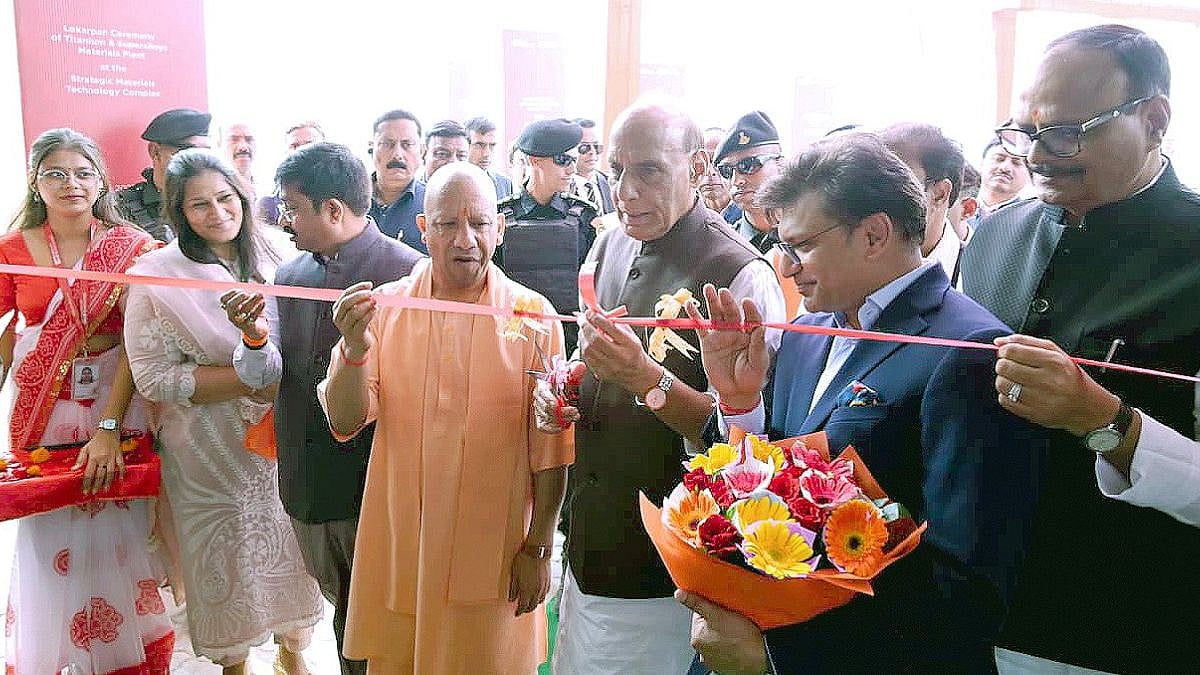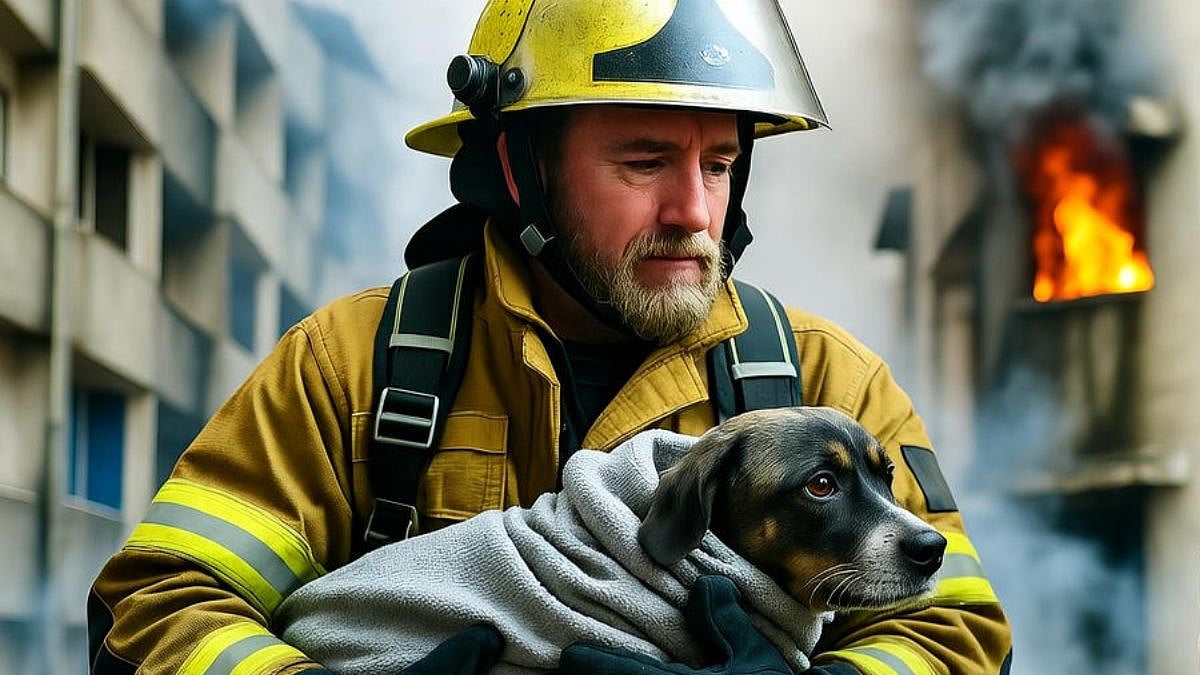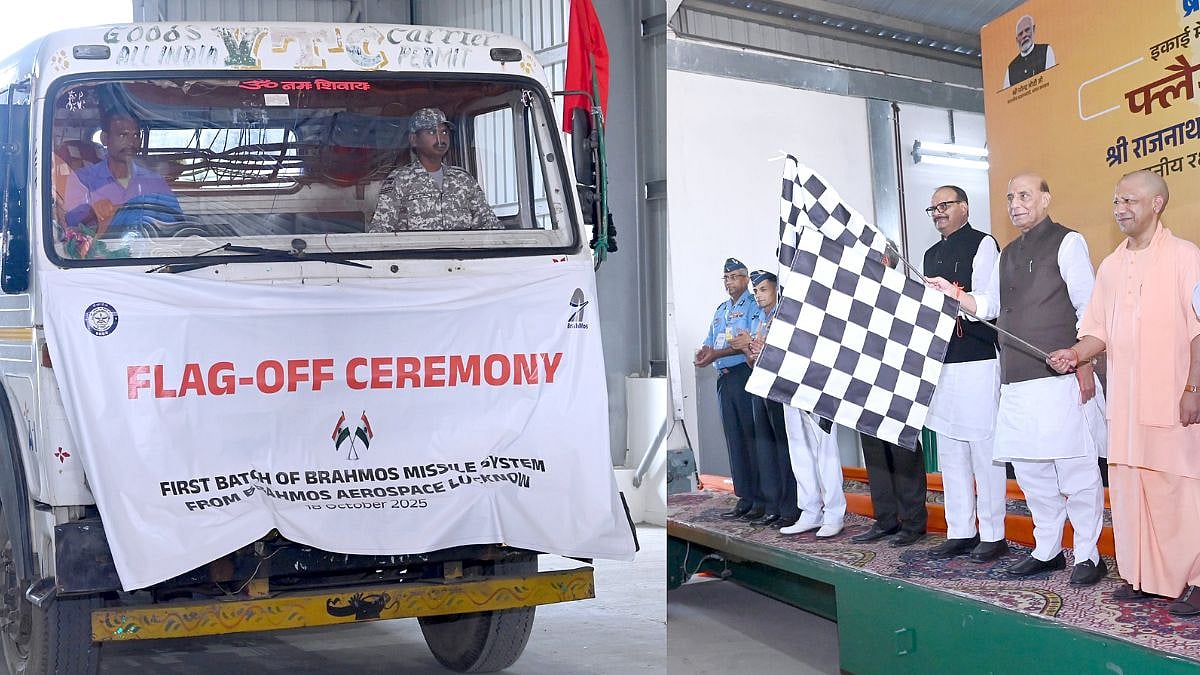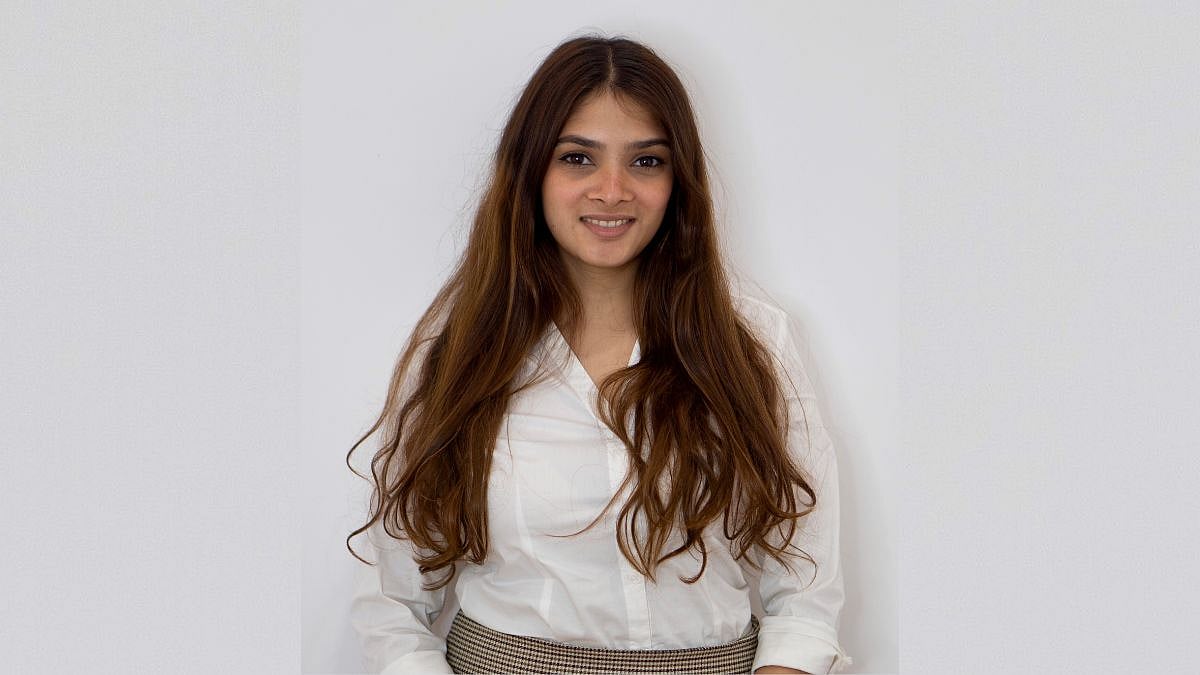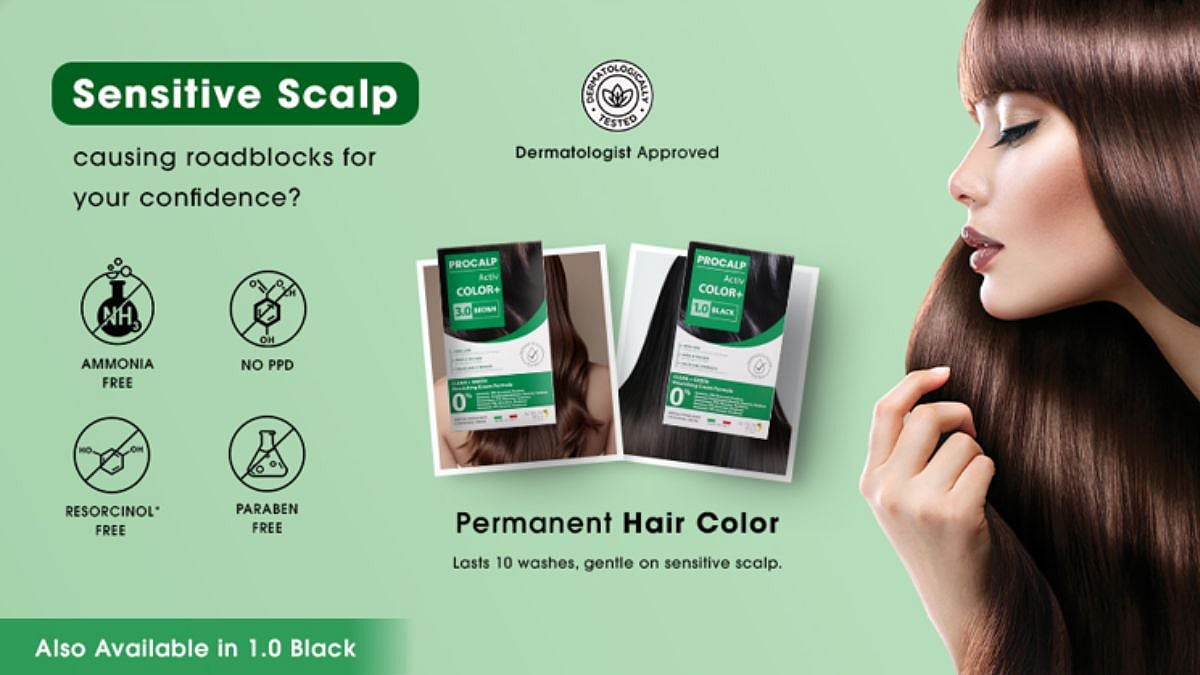Abuse in India is rarely loud. It doesn’t always leave bruises, break objects, or make headlines. More often, it creeps in silently through control, subtle manipulation, emotional pressure, financial coercion, or socially accepted hierarchies. According to NFHS-5, one in three Indian women has faced domestic violence, yet most cases go unreported not because abuse is rare, but because speaking up can feel far riskier than staying silent.
It was this silence that drove Vaamaa Baldota to create iDare, a trauma-informed, human-first platform offering a full ecosystem of support, including therapy, legal counselling, emotional support, life coaching, financial guidance, and preventive education. iDare exists for the pauses, the doubts, and the quiet moments of fear when survivors ask themselves, “Is this abuse? Am I overreacting?”
Recognizing the Pain No One Sees
Vaamaa’s journey began in her teenage years when she noticed the patterns of abuse around her, with friends being controlled, people silenced, and confidence quietly eroded. “I started asking myself: if no one is listening, who will speak up?” she recalls.
Her search for answers led her to shadow lawyers, train in self-defense, sit in courtrooms, and visit prisons. In 2015, she launched DARE, a program in schools and colleges that taught self-defense, legal rights, and created safe spaces for honest conversations. Over six years, DARE reached nine lakh students across five states, and almost every session revealed a hard truth: someone was experiencing abuse and they had nowhere to turn.
“They didn’t just need legal advice or panic buttons,” Vaamaa says. “They needed someone to say: this is not your fault. You are not alone. There is more than one way to heal.”
Connecting the Dots in a Fragmented System
Vaamaa realized survivors were not falling through cracks; they were trapped in a system with no bridges. Therapy, legal support, emotional guidance, and financial counselling were scattered. Survivors had to retell their stories multiple times, often facing insensitivity that worsened trauma. iDare was built to fill that gap, providing a safe, single ecosystem where anyone navigating abuse or emotional harm could be heard and supported. “It is for the person asking, ‘Why does this keep happening? Is it me?’” Vaamaa says. “It is where you go when you don’t know where to go, but you do want to be heard.”
Comprehensive Care for Every Step of the Journey
iDare combines multiple services in one integrated platform. Abuse counselling helps those unsure if they are experiencing abuse or seeking guidance to build a safety plan. Trauma-informed therapy supports emotional healing, whether or not someone is ready to leave a harmful relationship. Legal counselling explains rights and options with patience and clarity without rushing decisions. Emotional support via call and chat offers a safe space for moments of doubt or overwhelm, often serving as a first step toward formal help. Life coaching and financial counselling support survivors rebuilding independence and confidence. Beyond intervention, iDare’s Inspire initiative provides workshops, community events, and free content to promote emotional literacy, healthy communication, and relationship awareness, turning prevention into a public conversation.
“Someone once asked, ‘Can I still get help even if I don’t want to leave?’ I said yes. That is exactly why we exist,” Vaamaa explains.
When Harm Is Invisible, Support Must Be Visible
Abuse is often invisible. It can be words that cut deeper than fists, like “You’re too sensitive” or “Everything is your fault”. It can be control disguised as care or silent guilt that erodes confidence. It can be subtle but persistent, leaving survivors exhausted, anxious, and unsure of themselves.
“Abuse is not always violent. Sometimes it is silence. Sometimes it is control. Sometimes it is guilt dressed as love,” Vaamaa says. “Healing does not always mean leaving. Sometimes it means naming it. Sometimes it is boundaries. Sometimes it is just staying alive.”
A Platform Built on Respect and Understanding
iDare is trauma-informed, confidential, multilingual, and culturally sensitive. Users do not need a diagnosis, proof of abuse, or a crisis to reach out. “We don’t rush people. We don’t push decisions. We don’t assume,” Vaamaa says. “We are not here to fix people. We are here to hold them until they can find their own rhythm again. Most services ask you to be brave. We ask, how can we make the system safer to approach?”
Every user is carefully matched with professionals, so they never have to repeat their story or explain their cultural background.
Teaching Care Before Harm Happens
iDare goes beyond support, actively working to prevent abuse through workshops, storytelling, school programs, and public content that promote emotional literacy, boundaries, healthy communication, and respectful relationships.
“Abuse prevention begins long before harm happens,” Vaamaa says. “It starts with teaching everyone how to relate with care.”
Expanding Access, One Survivor at a Time
Since its launch in 2020, iDare has supported over 35,000 users across India. Its workshops have reached thousands of students, employees, and caregivers, and the app maintains a 4.9-star rating.
Vaamaa’s vision is clear: expand iDare to more languages, strengthen local partnerships, and reach more schools and workplaces. Yet at its core, the mission remains unchanged: to create a safe space where survivors feel heard, validated, and supported long before a crisis occurs.
“In a country where silence amplifies suffering, iDare is changing how we think about safety, support, and healing,” Vaamaa says. “We are here before the crisis. We are here for the pauses, the doubts, and the moments someone asks, ‘What is happening to me?’”
Redefining How Support Works in India
India has helplines, crisis centers, and legal services, but few integrated ecosystems treating survivors as human beings, not cases. iDare is filling that gap with a model that is inclusive, patient, and deeply respectful. It does not ask survivors to be brave. It asks systems to be safer and provides care with empathy and consistency.
Abuse is not always loud, but support should always be.

